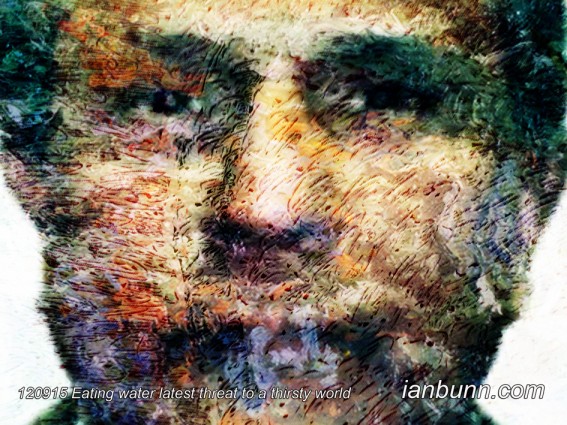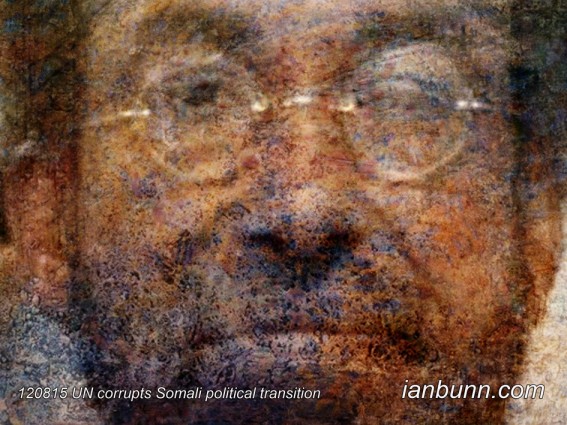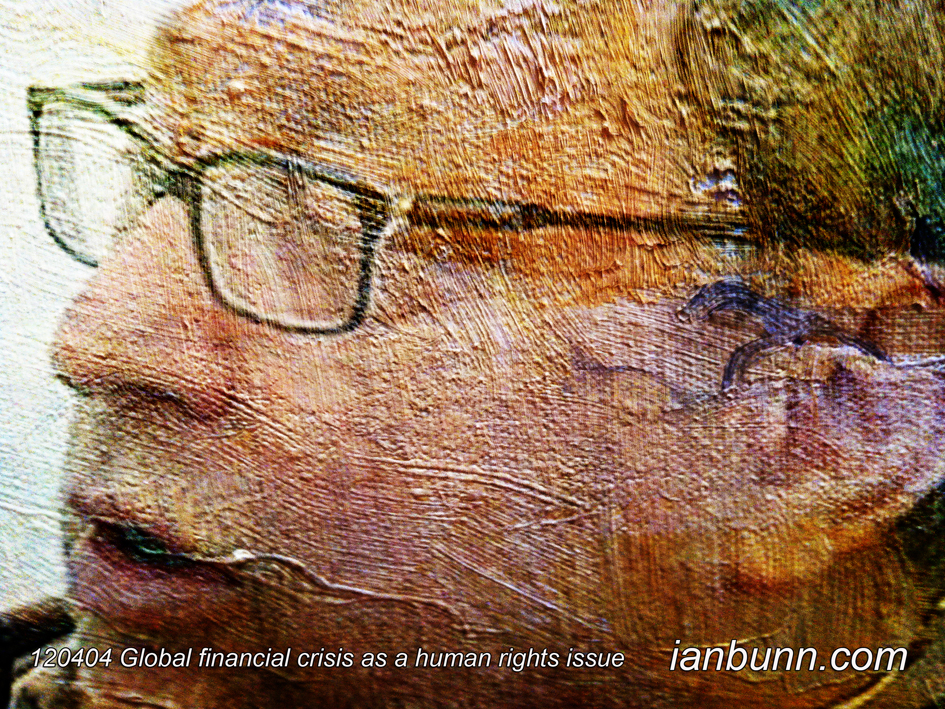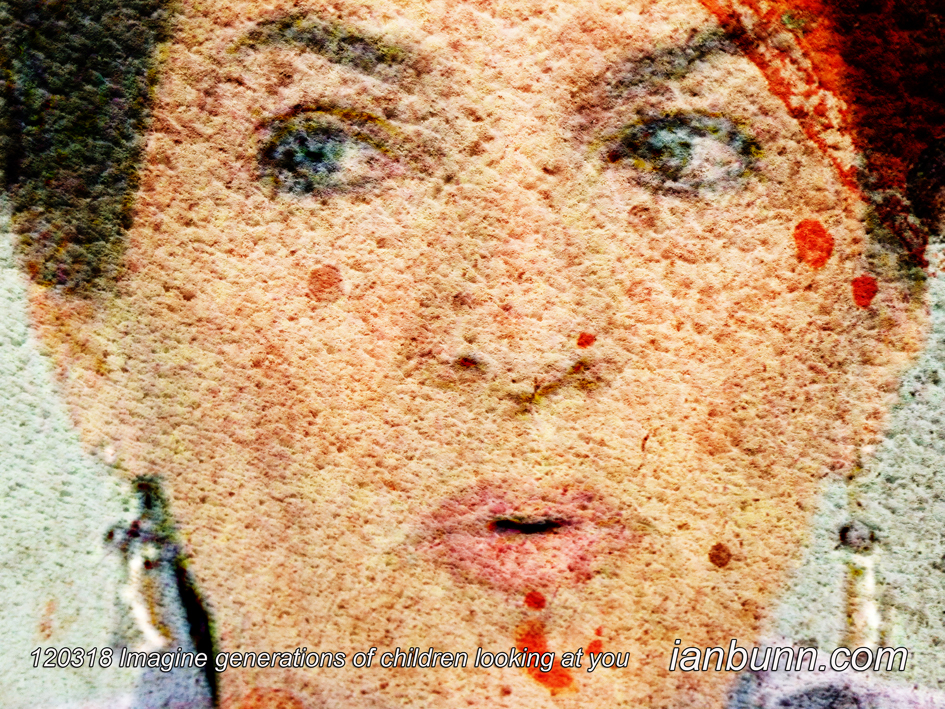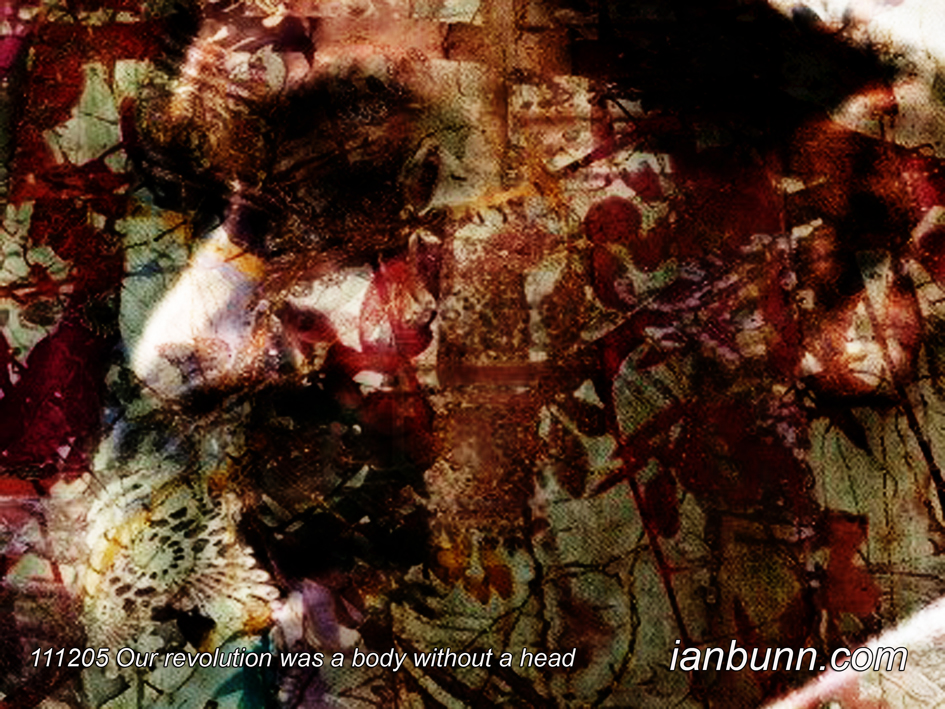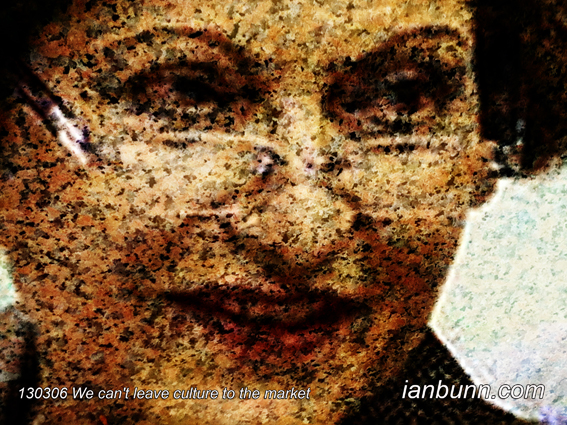 We can’t leave culture to the market (March 6 2013)
We can’t leave culture to the market (March 6 2013)
Androulla Vassiliou the 69 year old Cypriot lawyer and European politician who is the European Commissioner for Education, Culture, Multilingualism and Youth, known for being very active in social and cultural fields within the UN and EU, has been subject of an article by Coline Milliard for Boulin Artinfo titled ‘We Can’t Leave Culture to the Market’. Milliard states “Speaking at the first Edinburgh International Culture Summit, EU culture commissioner Androulla Vassiliou reaffirmed the need for EU states to maintain funding for the arts. “Culture represents a public good in which every citizen has a stake and I believe that the case for public intervention is as strong today as it has ever been: the markets alone cannot deliver all that a civilised society needs,” she later said in a press statement. The International Culture Summit … brings together politicians and artists from an array of countries to discuss the role culture can play in encouraging dialogue between nations. …As she inaugurated the summit, Scottish culture minister Fiona Hyslop said that the arts and creative sector were “key to economic and indeed social recovery, rather than a distraction from it,” the EUobserver reported. Vassiliou and Hyslop’s comments arrive at a moment when most European countries are facing severe art funding cuts. Although the Scottish government only reduced its culture spending by 5% since 2010, the rest of the UK experienced cuts of 30%. The European Union is planning to counteract this tendency by increasing its own culture budget by almost 40% for the next EU budgetary cycle in 2014-2020, bringing it up to €1.8b (£1.41b). The “Creative Europe” proposal is currently under discussion at the European parliament, but it is facing firm opposition from Germany, the Netherlands, and the UK. A final decision should be reached by early next year. If it goes ahead, an estimated 300,000 artists could benefit from “Creative Europe” funding.”
Inspired by Coline Milliard, Blouin Artinfo ow.ly/hYDej Image source Marina Ofugi ow.ly/hYDcO
